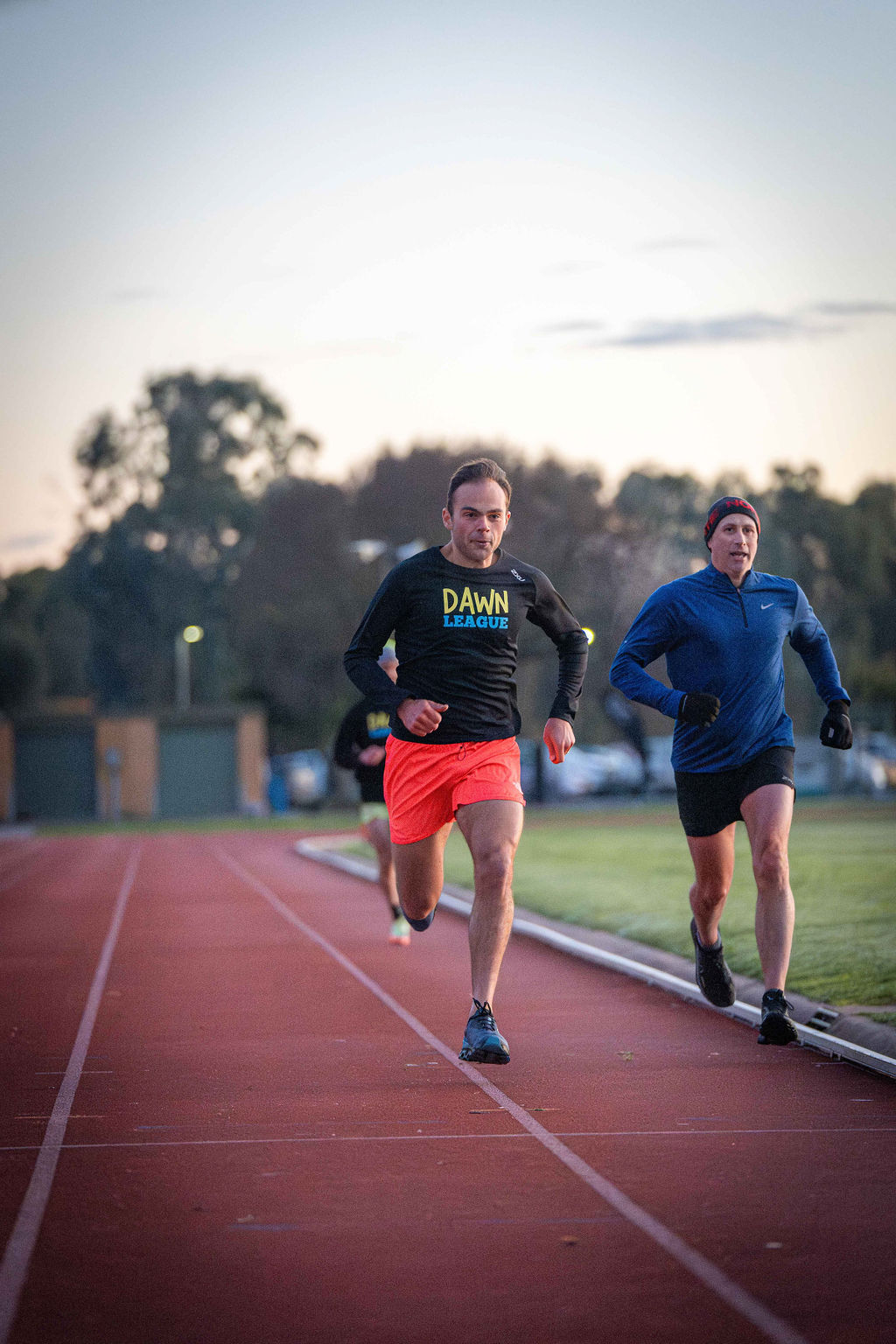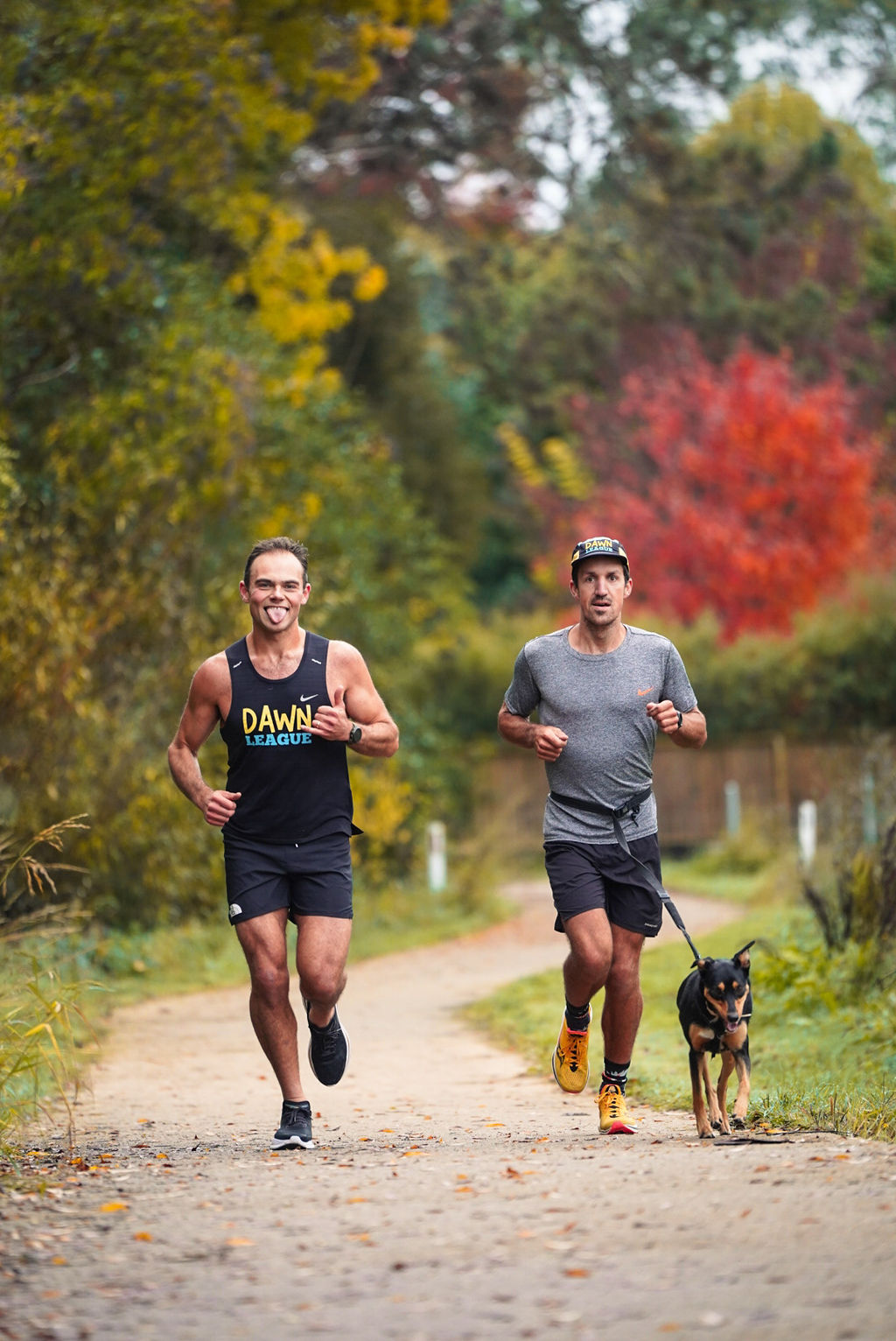
Sweat Science: Adjusting to Heat vs Humidity
On Sunday, it felt like the properly hot day of summer for us here in Albury-Wodonga. This summer, very loosely coined, has been a closer relation to what I left in the UK than what is typical for the Australia in our area: Humid, and not that hot. 21 degrees and 90% humidity has been the trend. So, that’s what I’ve been hydrating for. Then, Sunday it all flipped and by 9am it was dry and 28 degrees with no cloud cover. I was on an exposed hill and becoming very aware of how quick the 500ml soft flasks were emptying. Curious, I dived into the science here.
Running in humidity sucks. You are sticky and damp, some may prefer moist, from the moment you step out the door. Hydration, and particularly electrolytes, are hyper important. However, I never feel that thirsty. Then, in dry heat, when I am sweating just as much, my thirst is multiplied. On my last long run it caught me out, having drunk 1.5 litres of Precision Fuel & Hydration PH1500 I was 25 km in with 10km to go and sandpaper for a mouth. Not good…
Evaporation In Humid vs Hot Conditions
The science behind what I felt is fascinating, at least to me, and very illuminating for all! When you run in humid conditions, the high moisture content in the air makes it more difficult for your sweat to evaporate. Since evaporation of sweat is a key mechanism your body uses to cool itself, less evaporation means you might feel more uncomfortable and sweat more, but you might not lose as much water through evaporation as you would in drier conditions.
In contrast, in dry, hot conditions, the low humidity allows sweat to evaporate more quickly. This evaporation is an efficient way for your body to release heat, but it also means you’re losing more water. The rapid evaporation can give a misleading sense that you’re not sweating as much, when in fact your body might be losing more fluid. This increased rate of sweat evaporation can lead to a greater risk of dehydration if the fluid loss is not adequately replaced.
Interestingly, according to a paper in Nature in hot and humid conditions performance was shown to decline, however, in the absence of heat, humidity and sunlight seemingly improves performance. Personally, I’m not sure I’ve ever felt this performance increase, have you?
Other Factor Affecting Sweat Rate
I should note here that there are a myriad of other influences affecting response to heat and humidity: the efficiency of your sweat glands, your fitness level, body fat, gender, and the type of clothing you wear. People with higher levels of fitness tend to start sweating at a lower body temperature, which helps with cooling more efficiently. Similarly, the number and efficiency of sweat glands play a role; regular exposure to heat can make these glands more efficient. Body fat can insulate and affect how heat is lost, and different types of clothing can either trap heat or allow for better heat dissipation.
Despite other variables, though, with the conditions hopefully changing to less humid conditions for the remainder of summer, or anytime in the future, head this as warning to prepare for the heat, look at the forecast, and don’t play with fire. Take some extra fluids, ideally with electrolytes, and moderate effort accordingly. Avoid the dehydration death march and have fun in the sun!
https://humankinetics.me/2019/02/19/running-in-heat-and-humidity/


